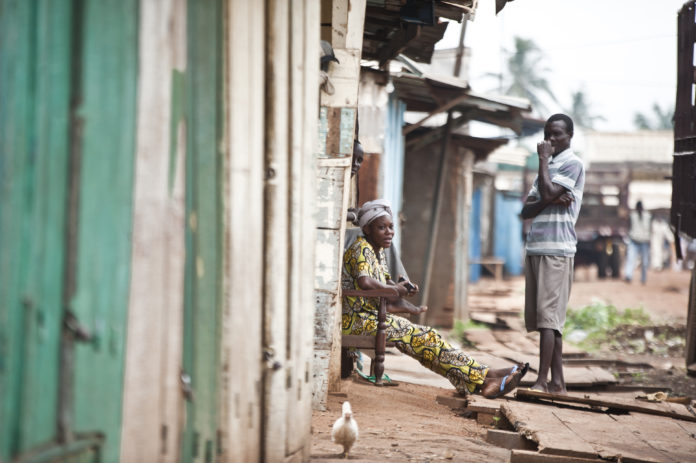At a briefing session for United Nations member states in Geneva, Humanitarian CoordinatorHumanitarian Coordinator, Najat Rochdi, announced that the Central African Republic is facing a major humanitarian crisis.
The humanitarian crisis that has gripped the Central African Republic for the past five years continues to intensify across most of the country. The upsurge in violence is affecting regions that were previously relatively stable, and where post-conflict recovery pilot projects were beginning to be developed, especially in the north and center of the country. The crisis persists, needs are growing and funding for humanitarian action has fallen far short of expectations in recent years.
"Today, the level of funding for the Humanitarian Response Plan does not allow us to cover the needs we had identified for 1.9 million Central Africans who depend on humanitarian aid to survive.".... "Only 13% of the 2018 plan has been funded, i.e. 66.7 million of the 515.6 million required. The situation requires more than ever your attention, your generosity and our collective action".. Najat Rochdi, Humanitarian Coordinator
" The resources at our disposal no longer allow us to provide humanitarian assistance in sufficient quantity and quality. In some cases, food rations have been cut by a third and cover shorter periods", said Najat Rochdi. "If we fail to mobilize the necessary resources, assistance will be reduced to a bare minimum and will no longer be able to save lives," she warned. "Entire generations would see their future ruined after successive years without access to education, thousands of children would continue to die in their first five years of life, and another generation of Central Africans would be sacrificed", insisted the humanitarian coordinator.
" I would like to thank donors for the contributions that enabled us from the start of 2018 to respond to a major humanitarian crisis in the town of Paoua, where more than 100,000 people needed emergency assistance. Your contributions have also enabled us to respond to the emergency in Bangassou and more recently in Bangui, which have once again become hotbeds of tension with immense humanitarian consequences. However, we need to go further, and fast, because millions of lives depend on it", declared the Humanitarian Coordinator.
At present, a growing number of civilians are taking refuge in increasingly remote locations, inaccessible to humanitarians further increasing the challenge of access to the most vulnerable. In April 2018, the number of displaced people was almost 670,000 and the number of refugees also remained high, at 582,000, meaning that more than 1.2 million Central Africans, or more than one in four people, are still internally displaced or refugees in neighboring countries.


